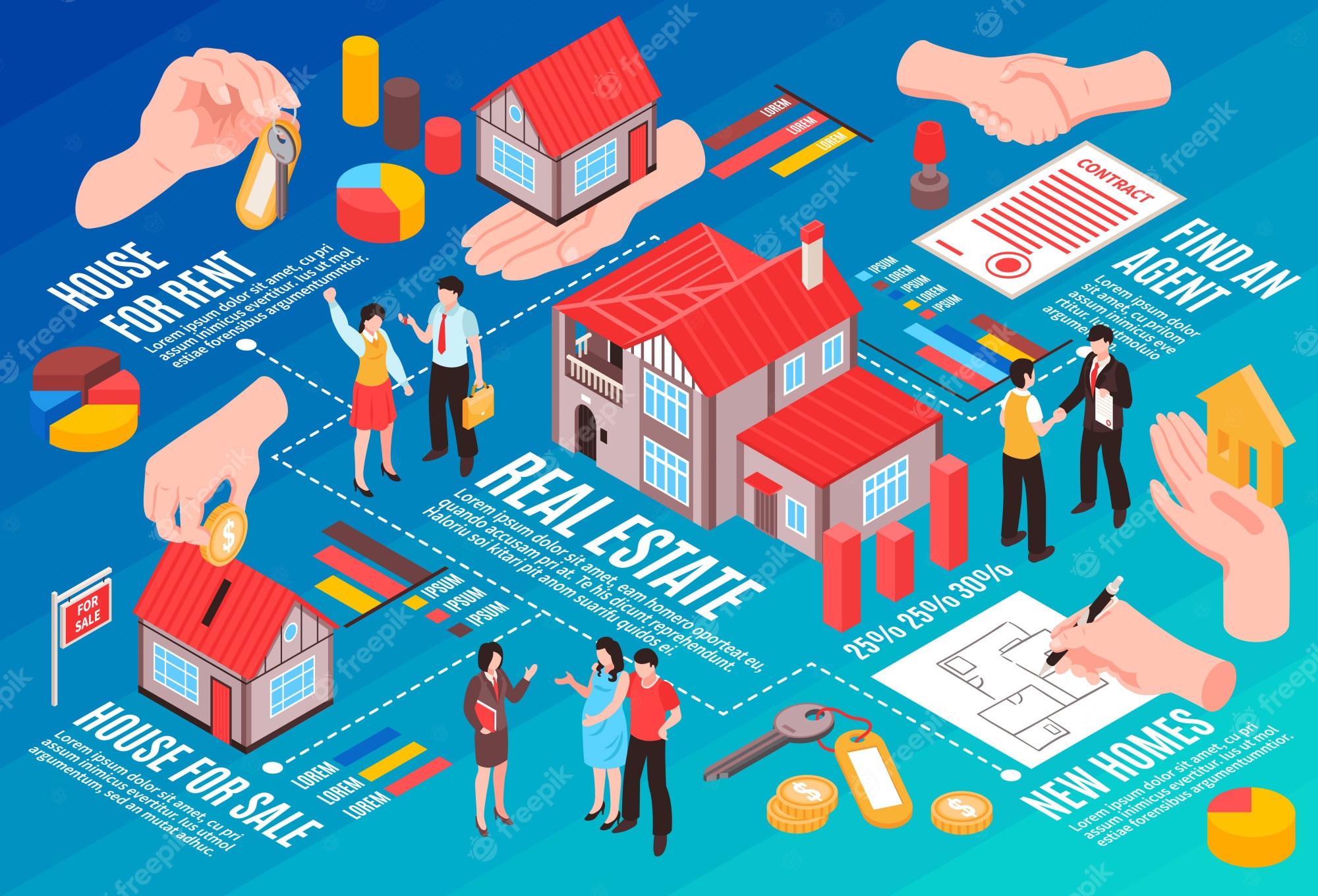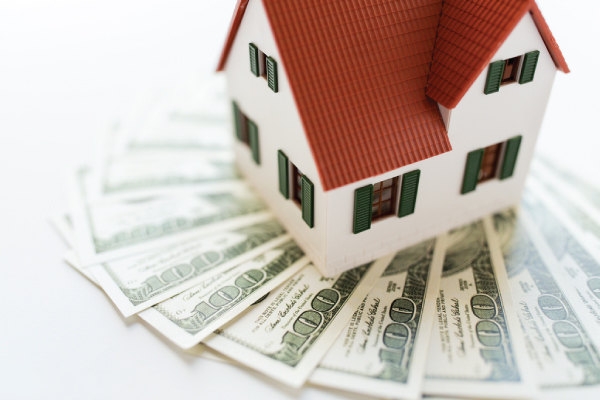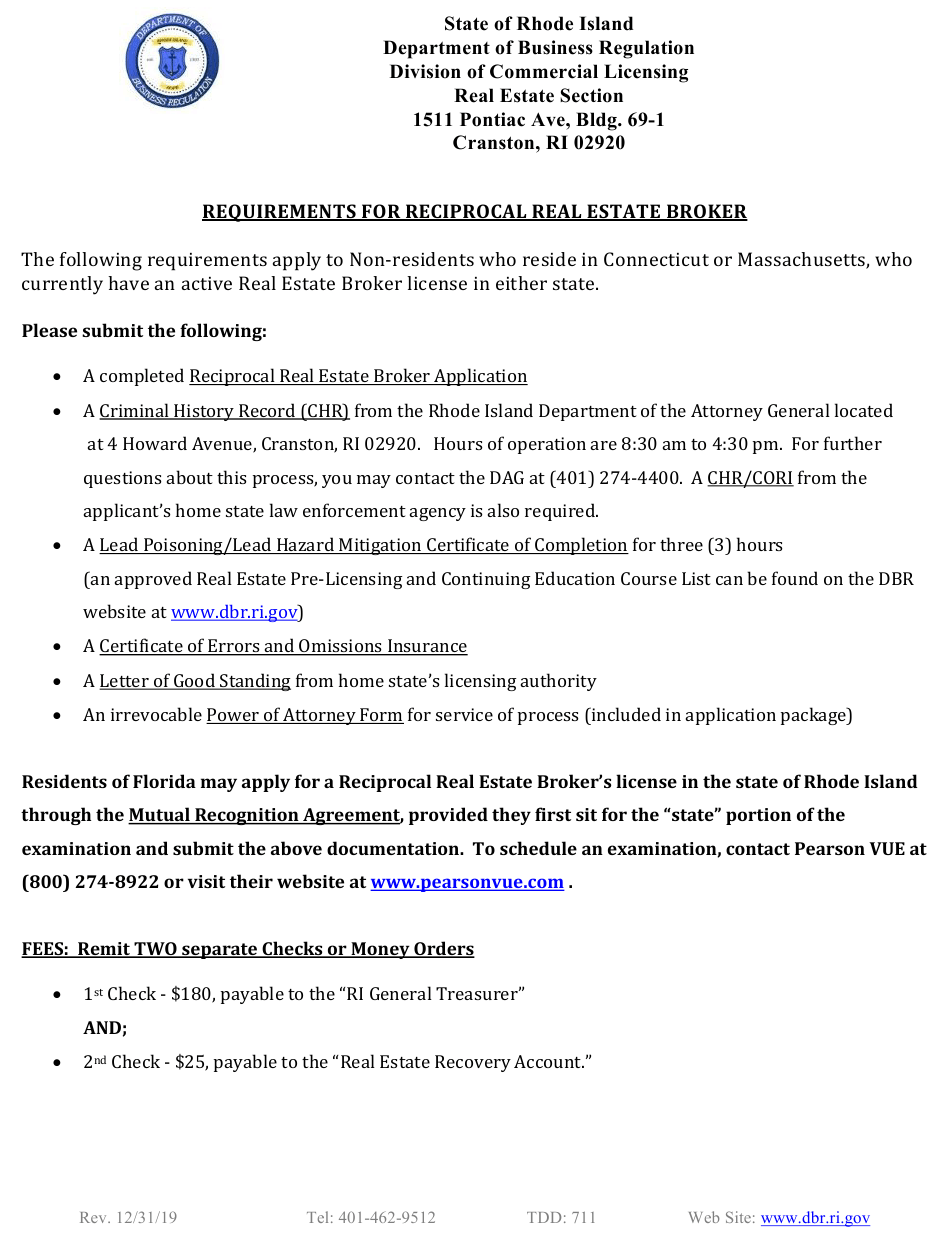
It's important to get a real estate licence before you can sell your Georgian house or start working as a realtor. This can bring about great job stability, flexible working hours and a good pay check. But it takes time for you to prepare and get your license. The process to become a broker or salesperson can take six months, depending on how the course is delivered and the amount of study you do.
How to Get an Real Estate License In Georgia
To become licensed, you must first complete a prelicense program. It can be completed online or through a classroom, depending on the schedule and preferences of each individual. You must successfully complete 75 hours of coursework in order to apply for a Georgia real estate licence.
You will have to pass an exam and a background search to receive your license. The background check can be obtained through the Georgia Crime Information Center and must be completed within 60 days of submitting your application.

Once you've passed the background checks, it's now time to take the state-wide real estate licensing test. This test consists of up to 152 multiple-choice answers and can take four hours to complete. You should take a practice test before the real exam to see how you will approach it and how long it will take.
How to Be a Real Estate Broker in Georgia
Georgia has a similar process to that of other states. There are, however, a few differences. In order to become a licensed real estate agent, you need to find a broker who will sponsor you. You will have to work with a broker and find a sponsor before you can become a licensed Georgia real estate agent.
You'll have to pass the final exam under the supervision of a proctor after you complete your pre-licensing real estate course. The minimum passing mark for the test is 72%. You can use a free online practice test website to help you prepare for the exam.
Taking your license exam can be difficult, so it's recommended to sign up for an online exam prep course or a cram course before you take it. You should also practice with a lot of questions before you go into the exam, so you can avoid having any anxiety or stress.

How to Become A Broker In Georgia
To be eligible for a Georgia real estate broker license, one must first hold a valid license as a real-estate agent in another state. To be eligible for the Georgia Broker Exam, you will need to have a minimum of three years' experience as a real-estate agent in another State.
After completing the Georgia real estate class and background check, if you are a licensed agent in another state you can transfer that license to Georgia. It will save you time and money in the end.
FAQ
Do I need a mortgage broker?
Consider a mortgage broker if you want to get a better rate. Brokers can negotiate deals for you with multiple lenders. However, some brokers take a commission from the lenders. Before signing up for any broker, it is important to verify the fees.
What are the advantages of a fixed rate mortgage?
With a fixed-rate mortgage, you lock in the interest rate for the life of the loan. This ensures that you don't have to worry if interest rates rise. Fixed-rate loans come with lower payments as they are locked in for a specified term.
How can I repair my roof?
Roofs can leak because of wear and tear, poor maintenance, or weather problems. For minor repairs and replacements, roofing contractors are available. Contact us to find out more.
What time does it take to get my home sold?
It all depends upon many factors. These include the condition of the home, whether there are any similar homes on the market, the general demand for homes in the area, and the conditions of the local housing markets. It can take anywhere from 7 to 90 days, depending on the factors.
How many times may I refinance my home mortgage?
It all depends on whether your mortgage broker or another lender is involved in the refinance. In both cases, you can usually refinance every five years.
Statistics
- Private mortgage insurance may be required for conventional loans when the borrower puts less than 20% down.4 FHA loans are mortgage loans issued by private lenders and backed by the federal government. (investopedia.com)
- This seems to be a more popular trend as the U.S. Census Bureau reports the homeownership rate was around 65% last year. (fortunebuilders.com)
- Over the past year, mortgage rates have hovered between 3.9 and 4.5 percent—a less significant increase. (fortunebuilders.com)
- It's possible to get approved for an FHA loan with a credit score as low as 580 and a down payment of 3.5% or a credit score as low as 500 and a 10% down payment.5 Specialty mortgage loans are loans that don't fit into the conventional or FHA loan categories. (investopedia.com)
- The FHA sets its desirable debt-to-income ratio at 43%. (fortunebuilders.com)
External Links
How To
How to Manage a Rent Property
Although renting your home is a great way of making extra money, there are many things you should consider before you make a decision. These tips will help you manage your rental property and show you the things to consider before renting your home.
Here's how to rent your home.
-
What is the first thing I should do? You need to assess your finances before renting out your home. If you have outstanding debts like credit card bills or mortgage payment, you may find it difficult to pay someone else to stay in your home while that you're gone. It is also important to review your budget. If you don't have enough money for your monthly expenses (rental, utilities, and insurance), it may be worth looking into your options. It might not be worth the effort.
-
How much does it cost for me to rent my house? The cost of renting your home depends on many factors. These factors include location, size, condition, features, season, and so forth. You should remember that prices are subject to change depending on where they live. Therefore, you won't get the same rate for every place. Rightmove reports that the average monthly market price to rent a one-bedroom flat is around PS1,400. If you were to rent your entire house, this would mean that you would earn approximately PS2,800 per year. While this isn't bad, if only you wanted to rent out a small portion of your house, you could make much more.
-
Is it worthwhile? Doing something new always comes with risks, but if it brings in extra income, why wouldn't you try it? Before you sign anything, though, make sure you understand exactly what you're getting yourself into. You will need to pay maintenance costs, make repairs, and maintain the home. Renting your house is not just about spending more time with your family. These are important issues to consider before you sign up.
-
Is there any benefit? There are benefits to renting your home. There are plenty of reasons to rent out your home: you could use the money to pay off debt, invest in a holiday, save for a rainy day, or simply enjoy having a break from your everyday life. No matter what your choice, renting is likely to be more rewarding than working every single day. And if you plan ahead, you could even turn to rent into a full-time job.
-
How can I find tenants? Once you've decided that you want to rent out, you'll need to advertise your property properly. Start by listing online using websites like Zoopla and Rightmove. Once you receive contact from potential tenants, it's time to set up an interview. This will help you assess their suitability and ensure they're financially stable enough to move into your home.
-
How do I ensure I am covered? If you fear that your home will be left empty, you need to ensure your home is protected against theft, damage, or fire. Your landlord will require you to insure your house. You can also do this directly with an insurance company. Your landlord will usually require you to add them as additional insured, which means they'll cover damages caused to your property when you're present. This does not apply if you are living overseas or if your landlord hasn't been registered with UK insurers. In such cases, you will need to register for an international insurance company.
-
You might feel like you can't afford to spend all day looking for tenants, especially if you work outside the home. You must put your best foot forward when advertising property. Make sure you have a professional looking website. Also, make sure to post your ads online. It is also necessary to create a complete application form and give references. Some people prefer to do everything themselves while others hire agents who will take care of all the details. Interviews will require you to be prepared for any questions.
-
What should I do after I have found my tenant? If there is a lease, you will need to inform the tenant about any changes such as moving dates. If you don't have a lease, you can negotiate length of stay, deposit, or other details. It's important to remember that while you may get paid once the tenancy is complete, you still need to pay for things like utilities, so don't forget to factor this into your budget.
-
How do I collect my rent? When the time comes to collect the rent, you'll need to check whether your tenant has paid up. You will need to remind your tenant of their obligations if they don't pay. You can subtract any outstanding rent payments before sending them a final check. If you're having difficulty getting hold of your tenant you can always call police. They won't normally evict someone unless there's been a breach of contract, but they can issue a warrant if necessary.
-
How can I avoid potential problems? Although renting your home is a lucrative venture, it is also important to be safe. Make sure you have carbon monoxide detectors installed and security cameras installed. Make sure your neighbors have given you permission to leave your property unlocked overnight and that you have enough insurance. Do not let strangers in your home, even though they may be moving in next to you.